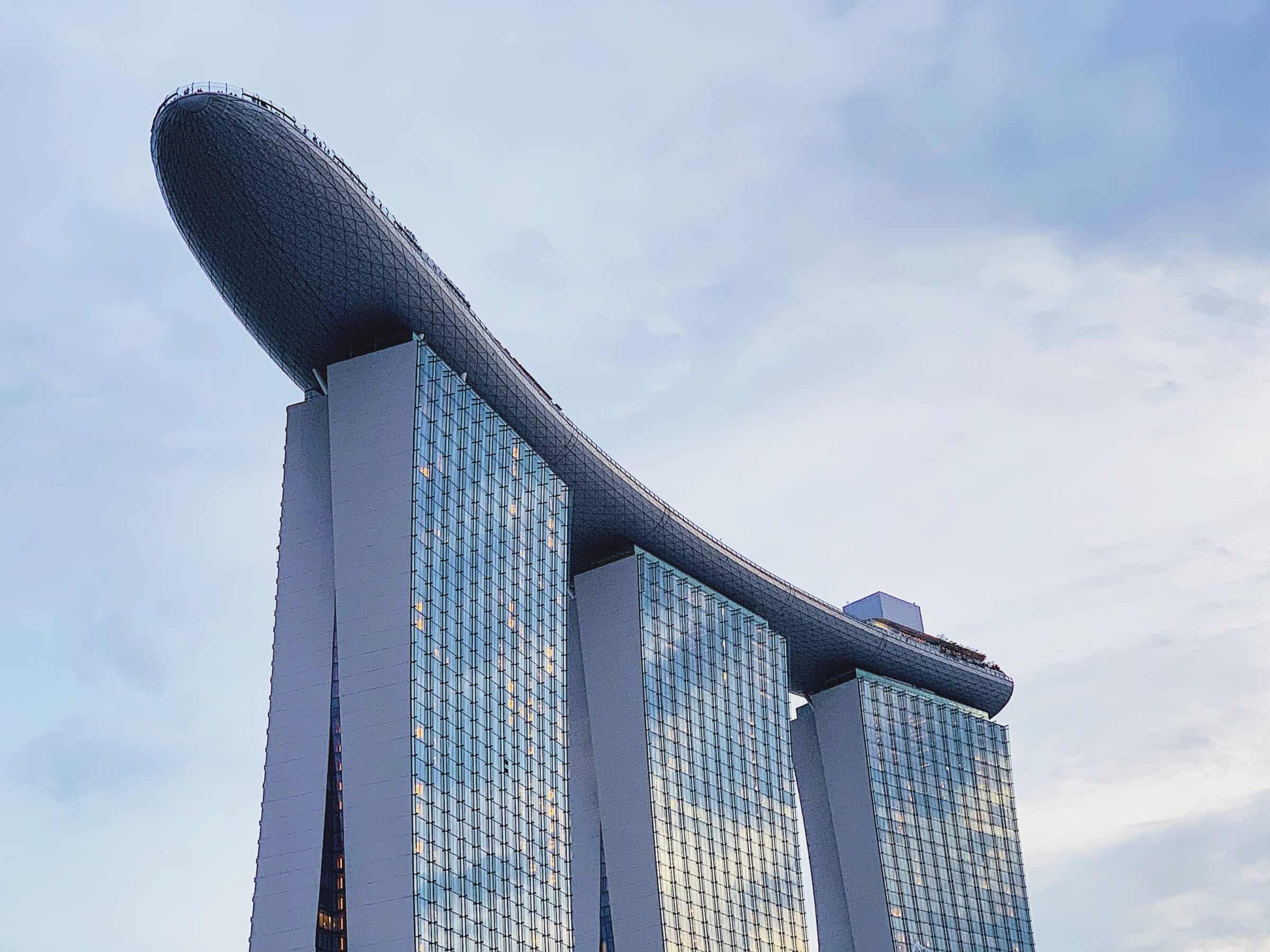Introduction
The Singapore employment legal system is comprised of employment legislation and common law principles. In addition, guidelines and advisories from the Ministry of Manpower (“MOM”) and the Tripartite Alliance for Fair & Progressive Employment Practices (“TAFEP”) (consisting of the Ministry of Manpower, National Trade Union Congress and Singapore National Employers Federation) are highly persuasive. Employment-related claims in Singapore can be heard in the Employment Claims Tribunal, State Courts of Singapore and the Supreme Court of Singapore.
Key Points
- The Employment Act is Singapore’s main piece of employment law legislation and provides for the basic terms and working conditions for employees.
- All employees (whether foreign or local) are covered by the Employment Act, except for seafarers, domestic workers and statutory board employees or civil servants.
- Singapore is an at-will employment jurisdiction.
- Minimum salary levels are not prescribed by legislation and therefore, there is generally no minimum wage in Singapore, except for a progressive wage model which applies to certain employees in certain sectors.
- A social security scheme called the Central Provident Fund is mandatory for Singapore Citizens and Singapore Permanent Residents.
Legal framework
The key employment legislation in Singapore is the Employment Act of Singapore, which applies to foreign nationals and Singapore residents who are under a contract of service with an employer in Singapore, except for seafarers, domestic workers, statutory board employees and civil servants. This means that employment contracts between employers and applicable employees would need to meet the minimum standards prescribed under the Employment Act. Part IV of the Employment Act, which provides for rest days, hours of work and other conditions of service, only applies to: a workman (doing manual labour) earning a basic monthly salary of not more than S$4,500; and a non-workman employee earning a basic monthly salary of not more than S$2,600. Managers and executives are generally not covered under Part IV of the Employment Act.
New Developments
There are a number of upcoming employment-related changes in Singapore that are expected to take place towards the end of 2024 and in 2025. This includes an increase in the retirement and re-employment age, an increase in the Central Provident Fund ordinary wage ceiling, enhancement of parental leaves, and the implementation of a new workplace fairness legislation, a new guideline on restrictive employment clauses and a new guideline on flexible work arrangements. In addition, to further support employment opportunities of Singaporeans, there has been an increase in the minimum salary requirements for work pass application for foreign employees and another increase in the minimum salary requirements for work pass application for foreign employees is expected to be implemented next year.





